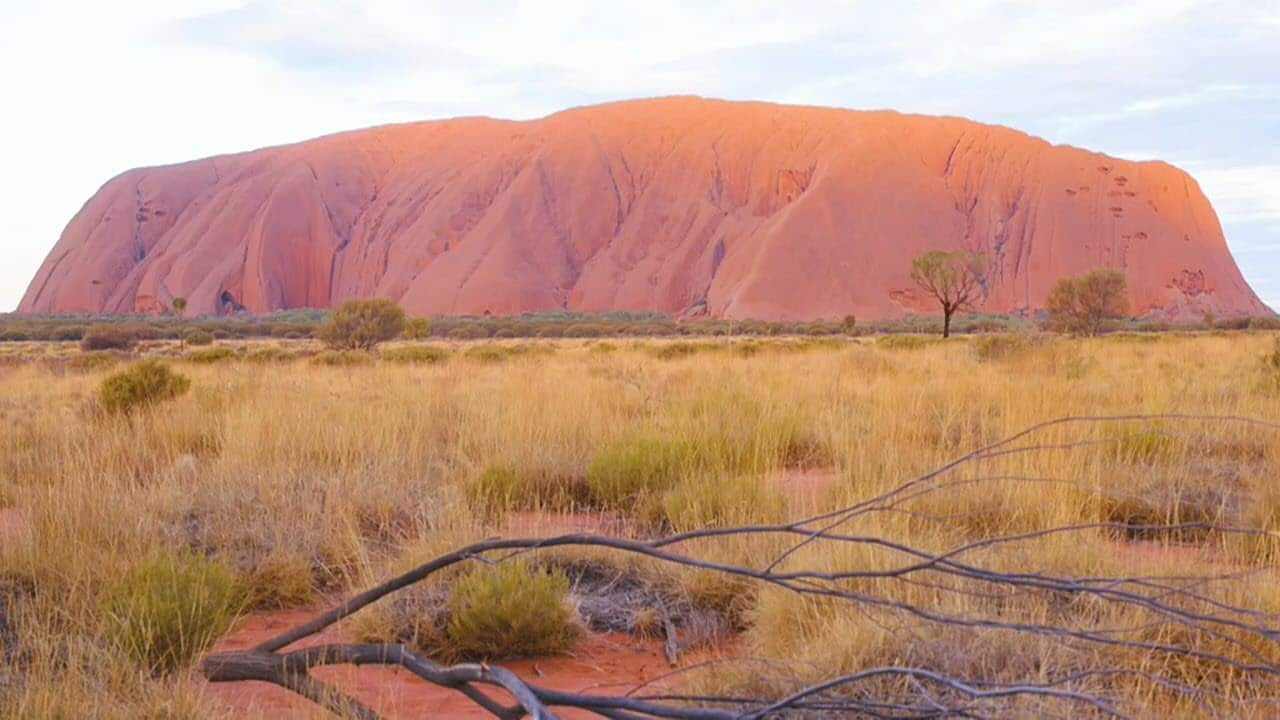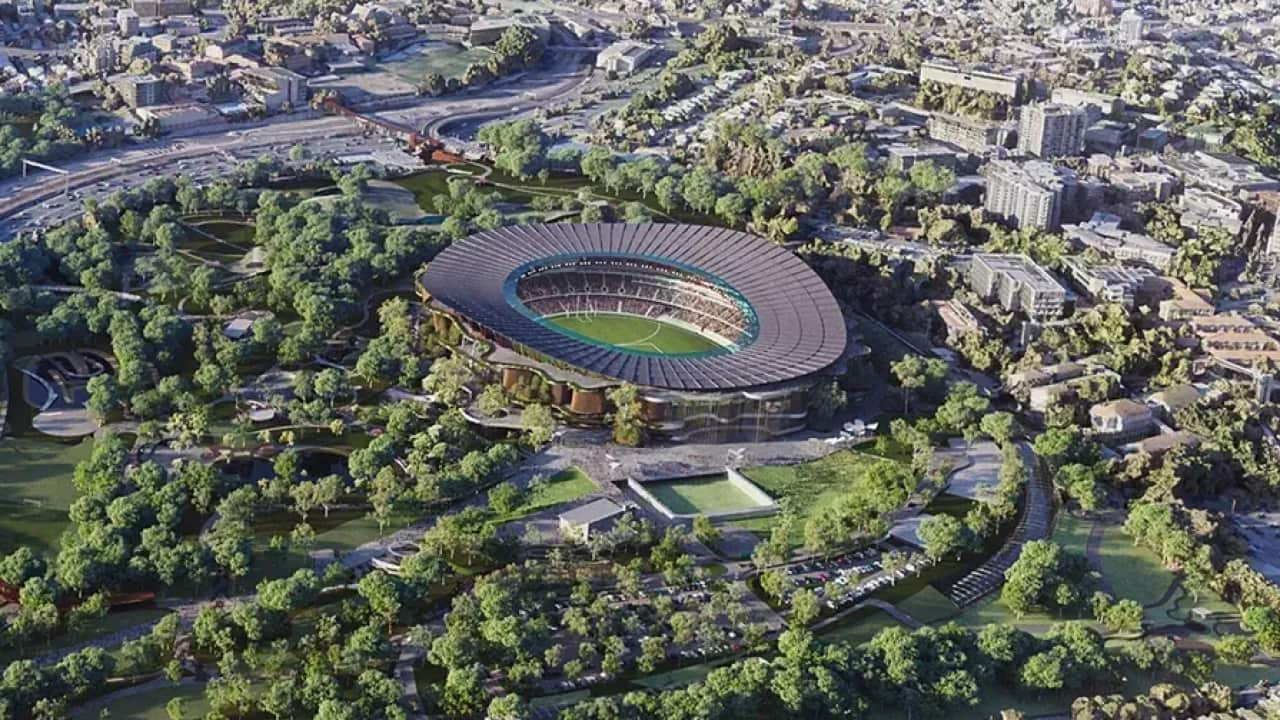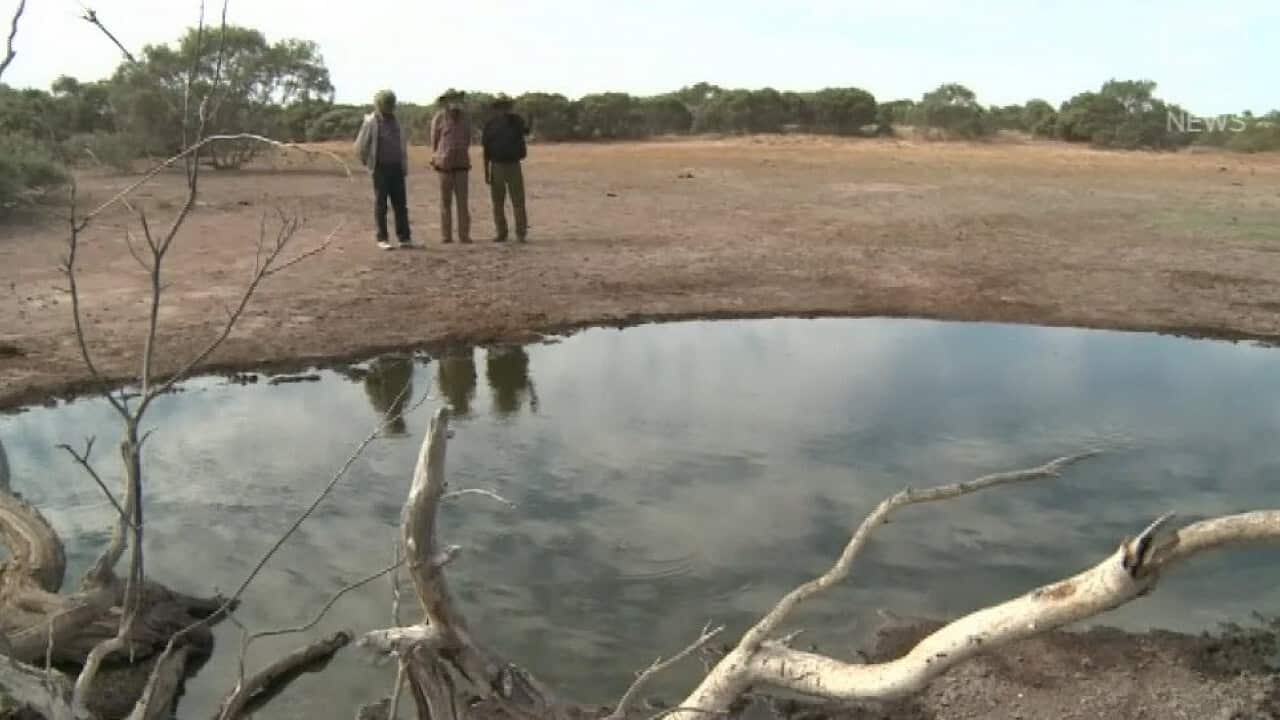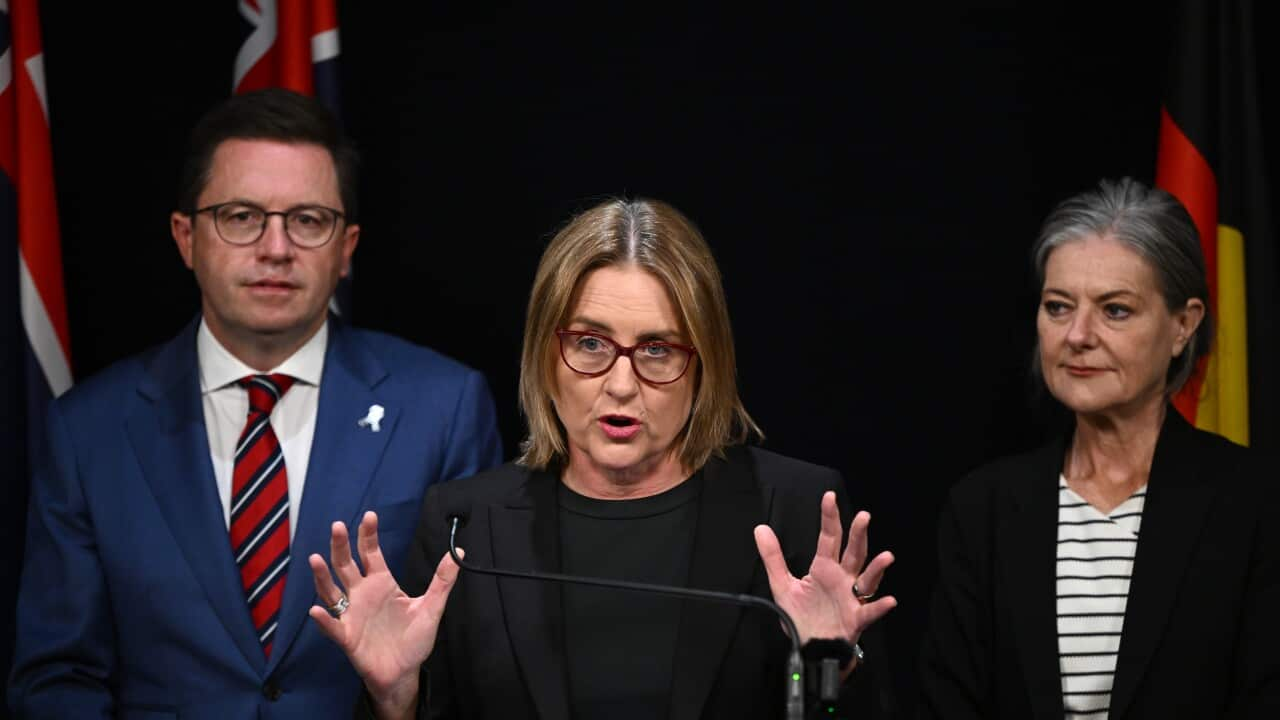Traditional Owners in the Northern Territory have vented their frustration at the government's plan to fast-track changes to the Aboriginal Sacred Sites Act, with one land council saying the government is treating them like children.
On Thursday afternoon, the CLP government introduced changes to the Sacred Sites Act which it says will provide "simpler and streamlined" approval processes for development.
Certificates issued by the territory's independent Aboriginal Areas Protection Authority (AAPA).
Under the amendments, certificates would be transferable: if a developer with a certificate sells a property, then the certificate goes to the new buyer, even if the development is going to be substantially different.
But while AAPA chair Bobby Nunggumajbarr says the Board wants the Sacred Sites Act modernised and strengthened, they are disappointed that the government is rushing through only very restricted amendments without Territory-wide consultation with Aboriginal custodians, landholders or the broader public.
Mr Nunggumajbarr says one week for the public to make submissions is not enough.
“Under our law, we don’t rush," he said.
"Ceremony takes time. Consultation takes time.
"There is a cultural protocol we must go through. We need to meet with Aboriginal leaders across the Territory.
"Not all communities have reliable internet or connectivity - they can’t just read the legislation online. One week to respond to the Scrutiny Committee is not enough."
The Central Land Council also criticised the government's move, saying they were rushing through "ill-considered changes to laws that will threaten Traditional Owners’ rights and interests" without consulting them.
Earlier this month CLC executive members and representatives of the other three NT land councils met with Minister Josh Burgoyne to find out about the amendments to the Sacred Sites Act.
“We asked for information, he gave us platitudes. He disrespected us and treated us like little children,” CLC chair Warren Williams said.
“He asked us to simply accept that the government’s intentions behind the changes are good. He wouldn’t give us any details about the changes or how they would work.
"All he had was empty talk.
"No wonder we are all very alarmed.
“Do not believe him if he tries to pass off this cynical tick-a-box exercise as ‘consultation’ with the land councils.”
But Mr Burgoyne said in a statement to NITV that the changes would "seek to strengthen protection of sacred sites" and ensure "regulatory processes are efficient, and support safe and respectful development".
The Minister said the amendments relate to the transferability of authority certificates issued by the AAPA, introduction of an enforceable undertakings regime, and formalisation of AAPA Board membership provisions.
“Conditions for which the AAPA assesses applications for authority certificates with regards to sacred sites will remain unchanged," he said.
“I will continue to work with land councils and AAPA throughout this process.
“As with all legislative changes, the Amendment Bill will sit for at least 28 days, allowing for consultation to occur and for the community to express any concerns about the Bill.”
There is widespread belief in the NT Aboriginal community that the CLP is pushing the reform to support development of a hotel on the Darwin waterfront.
Nigel Browne, chief executive of Aboriginal Investment NT, said in a post on LinkedIn that the government's changes were a "shame job".
"In the Larrakia context these regressive reforms mean the proposed Darwin Convention Centre hotel development will proceed on the basis that a 2004 Authority Certificate, issued by AAPA for the original Darwin Waterfront, will be transferred to a foreign developer," the Larrakia and Wulna man said.
"The developer plans to construct a hotel at least 11 stories high, directly impacting the registered Larrakia Dreaming site situated at and around Stokes Hill, immediately opposite the convention centre.
"Despite the 2004 certificate relating to a different development (ie not originally issued in contemplation of this new hotel) the NT government and their band of merry men are relying on the fact that it does not contain a building height restriction (the very condition Larrakia instructed AAPA to include in any new certificate issued in and around the sacred site)."
READ MORE

The Point S2020 Ep32 - Sacred Sites
Mr Browne said the Larrakia Development Corporation’s Larrakia Cultural Centre, currently under construction at the Waterfront, holds an AAPA Authority Certificate that includes a height restriction so as not to interfere with the Larrakia Dreaming story.
"Because the LDC followed clear and concise legislative requirements and instructions from AAPA to consult with Larrakia custodians responsible for the sacred site," he said.
"It seems that whilst AAPA’s processes were good enough for Larrakia to respect their own sites, it’s not good enough for the NT government, the Darwin Waterfront Corporation or the foreign developer."
The Northern Land Council, too, decried the changes, saying they prioritise development over the protection of the Territory’s most important cultural heritage assets.
NLC chair Matthew Ryan said they and other stakeholders had last year contributed to a proposal that would have genuinely strengthened the Sacred Sites Act for the benefit of all Territorians but their input had been largely ignored.
“It is very clear this Bill is a rush job that undermines the integrity of the Sacred Sites Act in favour of proponents," he said.
“The Sacred Sites Act isn’t about putting profits before our people; it is to protect our cultural heritage as we are obliged to do as custodians.
“Traditional Owners deserve the courtesy of being consulted about matters of critical importance and they are angry about being ignored.
“Securing rights to land and protecting sacred sites and cultural heritage have been hard-won rights and this dismissive behaviour from the NT Government is nothing short of an attack on our people.”
Missed opportunity
Mr Nunggumajbarr said the Sacred Sites Act is an extremely important piece of legislation that should not be changed "simply to suit one development or another".
He said the AAPA board supports the streamlining of existing processes, and the Authority has previously undertaken work on a wide range of potential changes to the Sacred Sites Act that would support the economic development of the Territory.
“We could be discussing a one-stop-shop where all Aboriginal heritage and sacred sites are protected under a single process and a single Act," he said.
"We could be simplifying the Authority’s cost structure. We could ensure the offences and the penalties are in line with other heritage and environmental legislation."
Instead of consulting on comprehensive reform the government has proposed a hastily drafted Authority Certificate transfer power, Mr Nunggumajbarr claimed.
“The Sacred Sites Act is about Aboriginal sacred places, and Aboriginal people need to be consulted on changes," he said.
"Pastoralists, miners, and many others who work alongside sacred sites also need time to comment on this Draft Bill. There is a very high risk of unintended consequences when there is so little consultation.
“The rapid timeframe and the limited nature of the amendments raises many questions about why this is happening.”








